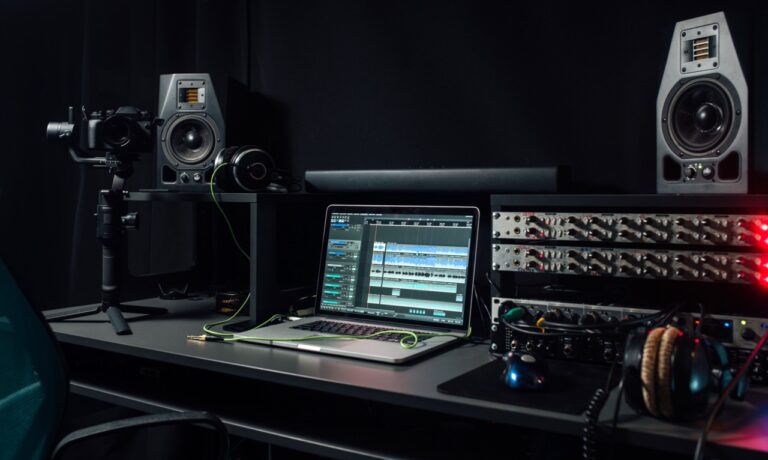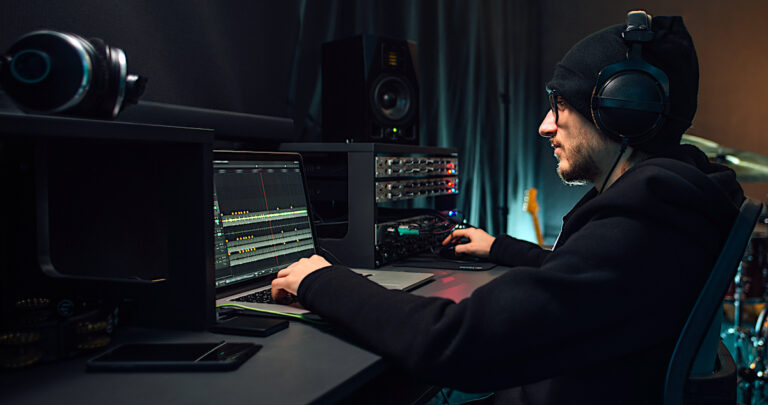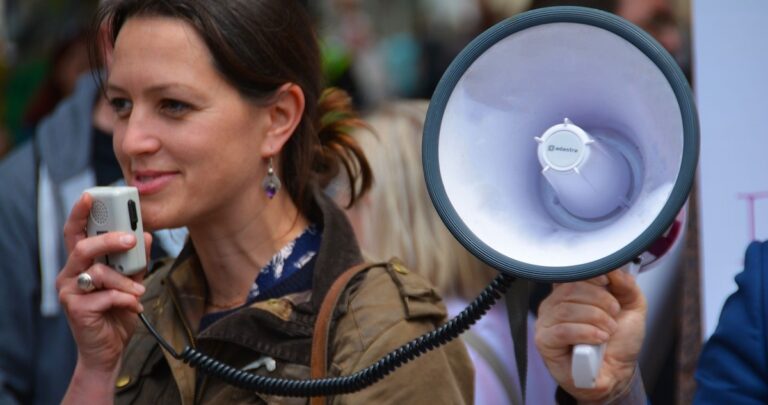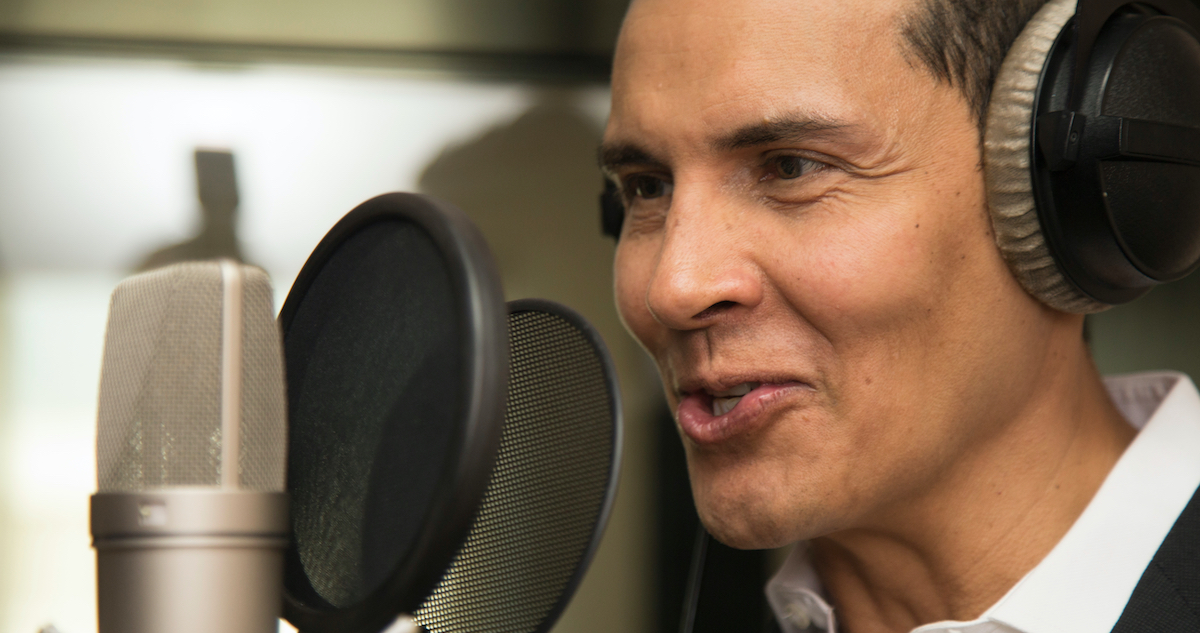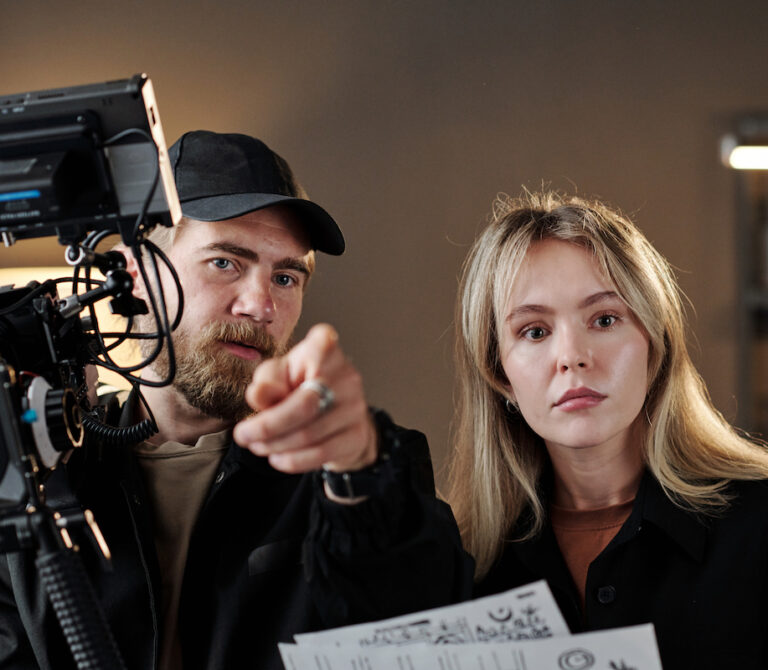If you’re considering promoting your product or service using voice over, are you aware of the mistakes in voice over narration you should avoid if your aim is maximum traction and impact?
No?
Then read on!
Some context
Few voice over industry observers and/or commentators are likely to disagree that this is the Age of the Voice. In fact, the 2020 coronavirus pandemic has underscored the importance of vocal communication. The world’s workforce (with the job-type, means, and stable access to broadband) has overwhelmingly adopted working either remotely or from home.
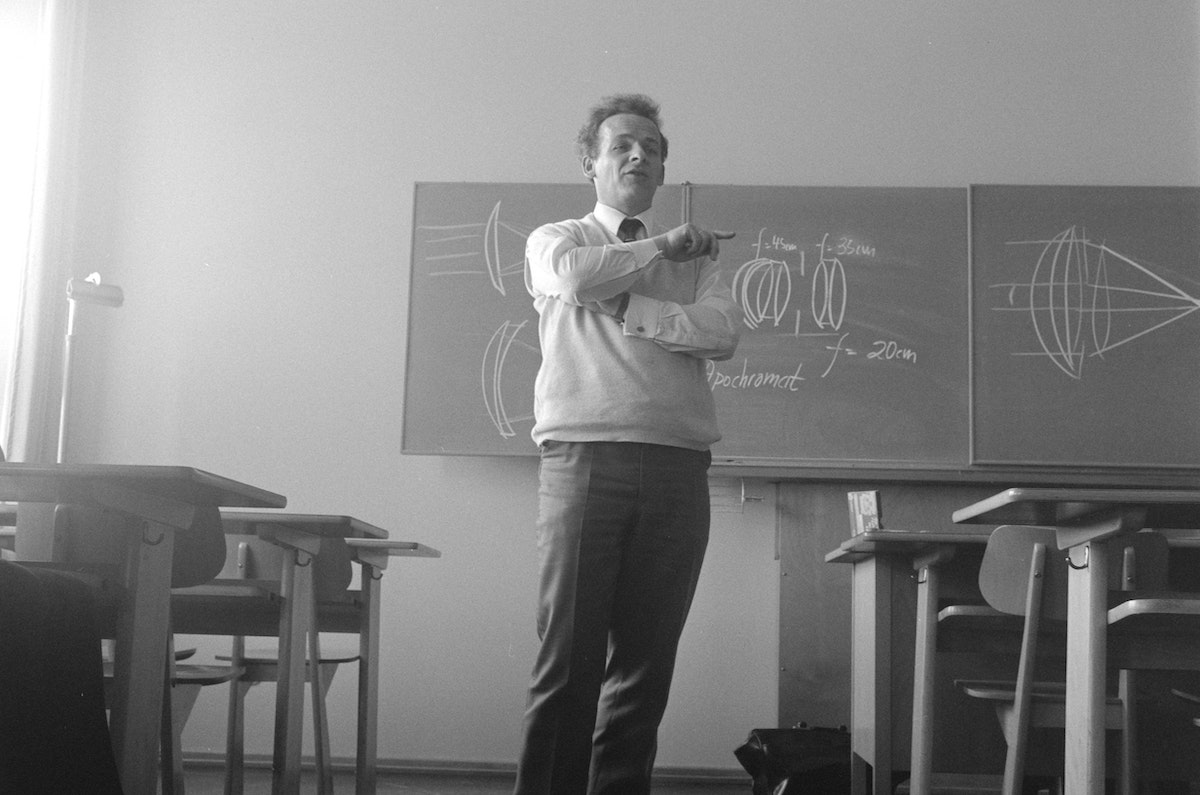
Now, think back a moment and reimagine this scenario from your high school days:
You’re sitting in class, the teacher’s chalk screeches on the board, and his monotonous tone turns into a dull drone.
You start daydreaming or dozing off, looking to your best buddy who’s sat beside you, doodling in their notebook.
You give each other a look and roll your eyes. Class could be so much more interesting. If only the teacher wasn’t so boring!
It can easily happen in voice-over narration too. The wrong voice-over narration can kill the audience’s interest in less than 20 seconds!
Here are the mission-critical mistakes in voice over narration you must avoid:
Bad prep!

The biggest mistake is being unprepared. If you’re new to the whole voice-over narration process, it’s easy to be unprepared because you’re unsure of all the necessary ins and outs to secure what you need. You have to know what you want. There’s a lot to consider, from the writing of the script, choosing the ideal voice, auditioning, pace, tone — the list goes on.
The key is to reach out. Listen. Learn. The professional voice actors on Voice123 can help and guide you too.
Bad script!
This is the most important part of being prepared. It makes sense right? No script, no voice-over narration. So write the script and you’re good to go. Great — now we can move on.
Just kidding.
There’s a ton of stuff that goes into writing a script. But to start, you want to ensure there’s no spelling or grammar mistakes because it creates a really bad impression. You also want to ensure that the instructions are clear on the script.
Is the script written well? Have you emphasized important words with bold or italics? Having a plain script will leave the voice actors to interpret the read themselves. Unless that’s your intention, there’s a likelihood that their interpretation is not going to be your interpretation.
When writing the script, you’ll want to weed out any words that aren’t used in everyday speech. Unless the read of your script was intended to sound poetic, inflated, verbose and academic — in which case, write on — then the audience’s attention will leave faster than you can say “hi.”
That sentence might’ve lost you. Keep it natural and concise. Short sentences are easier to read, they leave more room for breaths, and are better for retaining an audience’s attention.
Bad sound!

Sound quality matters. If your video is looking super-professional, but the voice over is super underwhelming, it completely ruins the presentation, like a really noticeable stain on an otherwise-gorgeous white rug.
How does it get to this point? By not choosing a professional voice over. If you want excellent voice-over narration, you’re going to have to be prepared to hire the services of a really good, pro voice actor.
There are just too many variables with unprofessional recordings, like a bad mic or background noise. Unless you know someone who has a great mic, a whisper room or a studio who will do the recording for free, there’s a high chance the recording will sound amateur.
DIY is fun and cheap, but DIY for voice-over narration can be very costly in the long run. 99% of the time, Harry from Accounting may be eager, but he’s not gonna cut it.
Wrong voice!
Preparing for your narration means choosing a suitable voice. Each person’s voice is unique, which means you can’t take any stranger and get them to do the recording.
One voice might be good for some topics, but not for others. A more monotonous way of speaking might be great for narrating something calming and soothing, but not for the latest action movie.
Then there’s pacing and tone. You’ll want to come to a voice-over narration with a sense of the pacing and tone you want to adopt.
Is the narration highly technical? Maybe take it down a notch so it gives your audience some time to absorb the information. And the tone, is it more serious and stern? Or will you need a more playful and energetic voice?
Pace and tone can play a much more important part than people realize. The voice has the ability to convey emotion, which is what builds the connection between you and your audience. And the pacing of the read makes or breaks the audience’s attention.
Final thoughts
Being prepared can save you a lot of time and money. You really don’t want to spend hours fixing a bad recording.
Investing in a professional voice actor may seem like a high cost at first, but you won’t regret it when the quality is outstanding and elevates your brand. It’s also a lot less expensive than a failed marketing campaign.
Bottom line? Prepare a great script, and know exactly what you’re looking for. Once you know what mistakes in voice over narration to avoid, there’ll be no more falling asleep in class!



